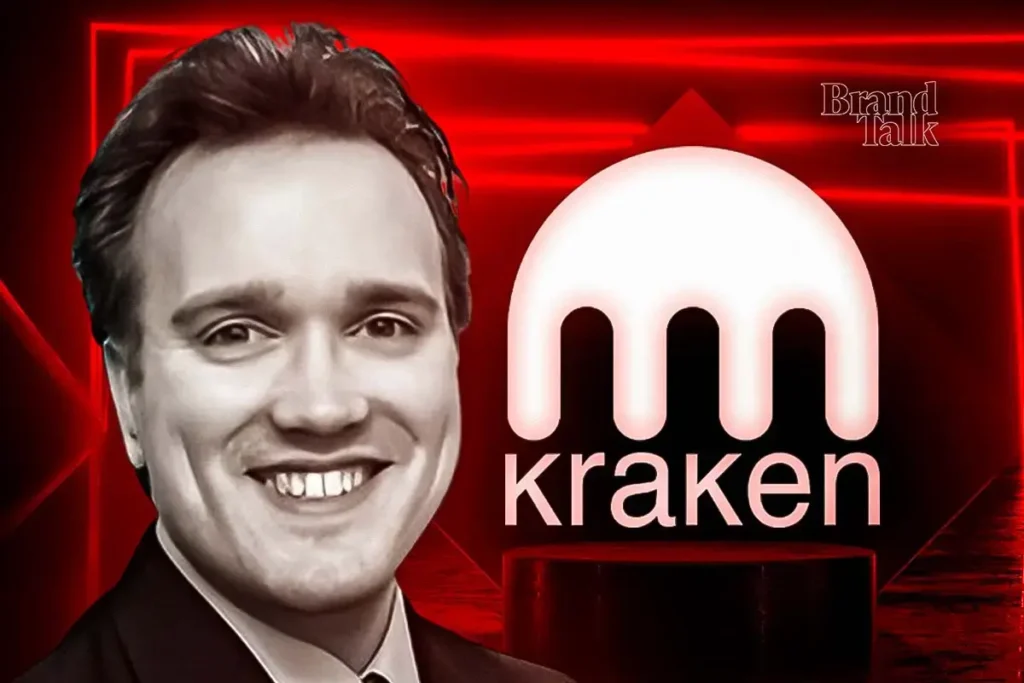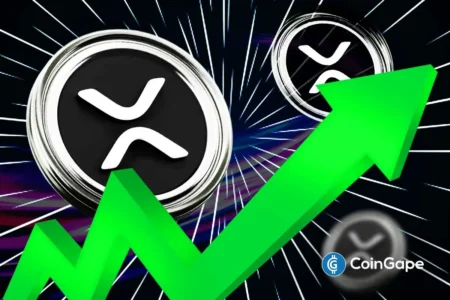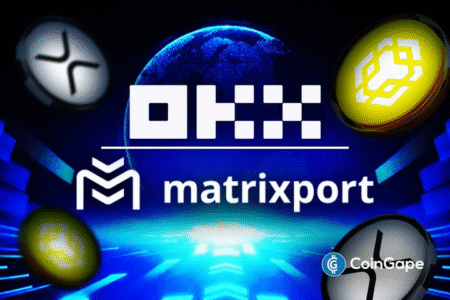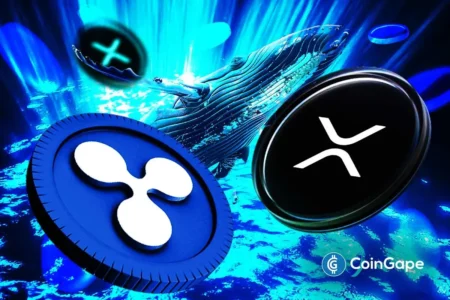Kraken’s Legal Team Overhaul: What It Means for the Future of Crypto
The cryptocurrency landscape is in a period of significant transformation, and one of its leading exchanges, Kraken, is at the forefront of this evolution. Recently, Kraken witnessed a major shakeup in its legal team, particularly with the departure of Michael O’Connor, who led litigation for six years. His exit, along with other high-profile legal changes, underscores the rapidly evolving regulatory environment around cryptocurrency and corporate governance.
A Change in Leadership
Michael O’Connor’s recent announcement regarding his departure from Kraken’s legal department is a pivotal moment for the exchange. During his tenure, he played an instrumental role as the chief courtroom strategist, particularly in Kraken’s ongoing battle against the U.S. Securities and Exchange Commission (SEC). O’Connor has been a vocal critic of former SEC Chairman Gary Gensler, condemning the agency’s approach as inconsistent and flawed. His outspoken critiques and strategic litigation have brought significant attention to Kraken’s legal challenges.
Following O’Connor’s move, the exchange has also seen other leadership changes, including Marco Santori, who left to join Pantera Capital, and Benjamin Gray’s appointment as the new chief legal officer. These strategic shifts suggest that Kraken is recalibrating its approach to navigate the complexities of a rapidly changing regulatory framework. By strengthening its legal team, Kraken aims to remain competitive amid increasing scrutiny from regulatory bodies.
The Regulatory Landscape
The timing of these changes coincides with growing regulatory developments both in the U.S. and Europe. In the United States, the GENIUS Act—a stablecoin law—has been enacted and is being put into practice, while regulatory guidelines related to crypto exchange-traded products (ETPs) are taking shape. This evolving landscape is essential for institutional participation in cryptocurrency markets, particularly as Kraken continues to expand its offerings and market reach.
In Europe, the implementation of the Markets in Crypto-Assets (MiCA) regulation is reshaping market access for exchanges. Kraken recently expanded its services to all 30 countries in the European Economic Area, marking a significant milestone in its growth strategy. These regulatory frameworks are crucial for establishing stability and fostering investor confidence, which are essential for the long-term viability of platforms like Kraken.
O’Connor’s Next Chapter
Post-Kraken, Michael O’Connor’s relocation to Cloudburst Technologies as Chief Operating Officer marks his transition from cryptocurrency litigation to cyberintelligence. Cloudburst specializes in monitoring and detecting crypto price manipulation through its AlphaSignal software, which aims to illuminate trading activities on off-chain platforms like Telegram. His move signals a shift not just for O’Connor but also reflects the industry’s growing need for robust cyberintelligence solutions amid increasingly sophisticated trading schemes.
O’Connor’s new role at Cloudburst underscores the increasing importance of regulatory compliance and market oversight as firms look to mitigate risks associated with fragmentation and potential market manipulation. His experience in litigation will undoubtedly contribute to the company’s objectives of safeguarding the integrity of digital asset trading.
Implications for Kraken and Beyond
The reshuffling of Kraken’s legal team is not merely an internal matter; it has larger implications for the landscape of cryptocurrency exchanges. As regulatory scrutiny intensifies, the ability to navigate complex legal challenges will play a crucial role in determining the success of crypto exchanges. Kraken’s proactive adjustments to its leadership reflect a commitment to staying compliant and responsive to regulatory demands while maintaining operational efficiency.
Moreover, the broader cryptocurrency market is witnessing a paradigm shift towards regulatory clarity. This trend could encourage institutional adoption, with firms feeling more secure in investing in the crypto space. Clear regulatory frameworks, as seen with stablecoin legislation and evolving ETP guidelines, can serve as a catalyst for innovation, allowing platforms like Kraken to expand their services and customer base effectively.
Looking Ahead
As Kraken navigates through these changes, it remains crucial for industry players to pay attention to how regulatory frameworks evolve globally. The cryptocurrency landscape is no longer an unregulated Wild West; it is maturing into a more structured environment. Companies that adapt to these changes effectively will likely emerge as leaders in the field.
In conclusion, the reshuffle of Kraken’s legal team, marked by O’Connor’s exit and significant leadership changes, signals an adaptive strategy to confront the ongoing regulatory challenges in the cryptocurrency sector. As the industry continues to evolve, staying compliant while pushing for innovation will be essential for sustained growth and market integrity.
Final Thoughts
Considering the rapid pace of change in the cryptocurrency industry, staying informed is crucial for investors and users alike. Kraken’s restructuring may serve as a case study for other exchanges facing similar challenges. Whether you’re a seasoned investor or a newcomer to the crypto world, understanding these developments is vital for making informed decisions in a complex and dynamic market.
















